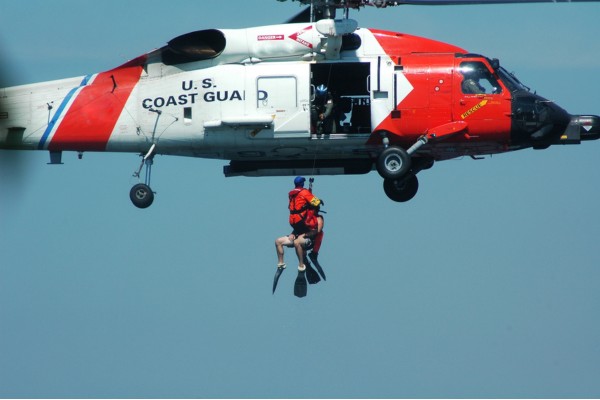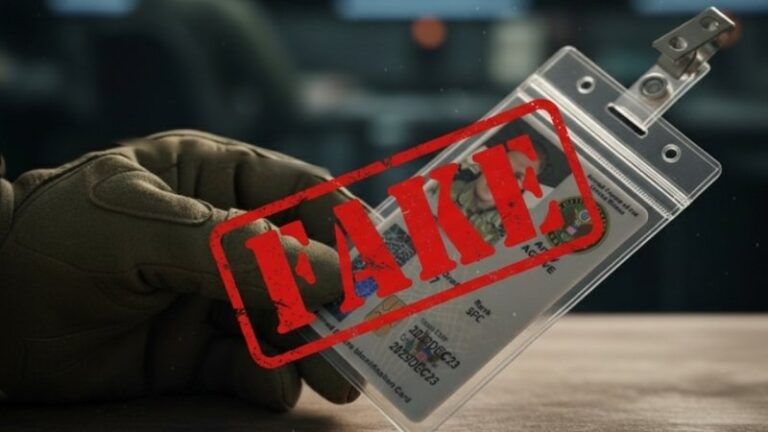How to Access Your Coast Guard Military Records?
Did you know that the Servicemembers Civil Relief Act (SCRA) provides legal and financial protections to help Coast Guard members focus on their respective jobs? Military service through the Coast Guard can help open many opportunities. Among these benefits are the privileges provided by the SCRA.
However, you must present an official military personnel file (OMPF) or military service records to access these benefits. But how can you get any of these files? We’re breaking down how to access your Coast Guard military records to make the process easier.
Contents
- 1 Understanding Your Coast Guard Military Human Resources Records
- 2 Where to Find Coast Guard Military Records
- 3 Requesting Your Official Military Personnel File
- 4 Getting SCRA Benefits with Coast Guard Records
- 5 Conclusion
- 6 FAQs
- 6.1 Where can Coast Guard veterans get their service records?
- 6.2 Do Coast Guard members receive a DD214?
- 6.3 Can anyone access Coast Guard military records?
- 6.4 How do I request my Coast Guard records if I separated before October 1, 2006?
- 6.5 What should I do if I lose my access credentials for iPERMS or MilConnect?
Understanding Your Coast Guard Military Human Resources Records

The easiest way to access Coast Guard benefits is to present your Coast Guard Military Human Resources Records, or CGMHRR. This file serves as the official document that summarizes your career and assists with legal requirements.
This file helps you with Human Capital Management (HCM) transactions. If you’re activating SCRA benefits, presenting your CGMHRR to the business or person who’d have to honor this federal law would be enough.
A CGHMRR is more than a single file. It contains three different records that present an overview of your military service. In particular, these are:
- The Servicing Personnel Office (SPO) Personnel Data Record (PDR) is taken care of by your assigned SPO. This file contains documents detailing your career and functions to justify your pay and benefits.
- The UNIT PDR is under the care of your Unit. If the assignment is taking too far and long, these records function as your SPO PDR working copy.
- The Electronically Imaged (IE) PDR is kept electronically and is used as a Coast Guard member’s Official Military Personnel File (OMPF).
Where to Find Coast Guard Military Records
Where you can claim your military or medical records depends on the date you left the Coast Guard. This is commonly referred to as your discharge date.
If you left active duty service before October 1, 2006, you can find your records in the National Archives’ National Personnel Records Center (NPRC). Records stored in the NPRC can be requested online, by fax, snail mail, or in person.
If you left the Coast Guard on or after this date, you can use your MilConnect account or iPERMS, the interactive Personnel Electronic Records Management System. Alternatively, you can get help from the Defense Personnel Records Information Retrieval System (DPRIS) of the Veterans Affairs office.
Requesting Your Official Military Personnel File
Fortunately, you no longer have to go to the National Archives if you’re from the Coast Guard or Air Force. Before, veterans were required to send a letter, fax, or visit the office to get their records. The information retrieval system has gone digital.
It’s important to note that not everyone can get a copy of a person’s military or medical records. Service records can only be accessed by the service members on file and their next-of-kin. The National Archives only shares records of veterans who left the service 62 years ago with the general public. The public can only access limited information on service members before the 62-year mark.
If you’re authorized to access the service or medical records, you can use the iPERMS or MilConnect websites. Access to these sites is free. However, you must provide basic information about the service member to retrieve a file copy.
Getting SCRA Benefits with Coast Guard Records

Separation documents can help Coast Guard members get veterans’ benefits, but those in active duty service can get select benefits, too. As mentioned, the SCRA grants Coast Guard members on active duty select legal and financial protections to help them manage their personal lives while serving in the military.
These benefits include protection from eviction due to non-payment, the ability to delay civil proceedings, an interest rate limit of six percent for pre-service debt, and the ability to choose your tax domicile. You need to prove your military status to claim these benefits; this is where your military records can help.
But what if you need military service records as soon as possible? SCRACVS can help Coast Guard members and their kin provide evidence of active duty service. We can help you maximize the SCRA in as fast as one business day.
Conclusion
Retrieving one’s Coast Guard records can help you maximize military benefits as a veteran or active duty member. Those rendering active duty service can get SCRA benefits, but you need to prove you’re on active duty.
If you or your next-of-kin need to prove your military status for SCRA benefits, you can seek assistance from SCRACVS. Click here to sign up at SCRACVS and verify the active duty status.
FAQs
Where can Coast Guard veterans get their service records?
It would depend on when they left the Coast Guard. Veterans discharged before October 1, 2006, must ask for copies of records from the National Personnel Records Center. You can use the iPERMS or MilConnect if you left the service on or after October 1, 2006.
Do Coast Guard members receive a DD214?
Yes. Coast Members are under the US Armed Forces. That’s why Coast Guard members are entitled to separation documents or DD214 upon discharge. This document can be used to access veterans’ benefits.
Can anyone access Coast Guard military records?
It depends on that service member’s discharge date. If the member left the service 62 years ago, the public can access their records. However, the service records of people discharged less than 62 years ago are only available to military personnel and their next-of-kin.
How do I request my Coast Guard records if I separated before October 1, 2006?
You can get a copy of your military service records from the NPRC. You can access the documents online, via email, or by fax.
What should I do if I lose my access credentials for iPERMS or MilConnect?
You will have to submit a DD Form 2875 again to regain access to the file. Get in touch with the DMDC Support Center (DSC) for help.






